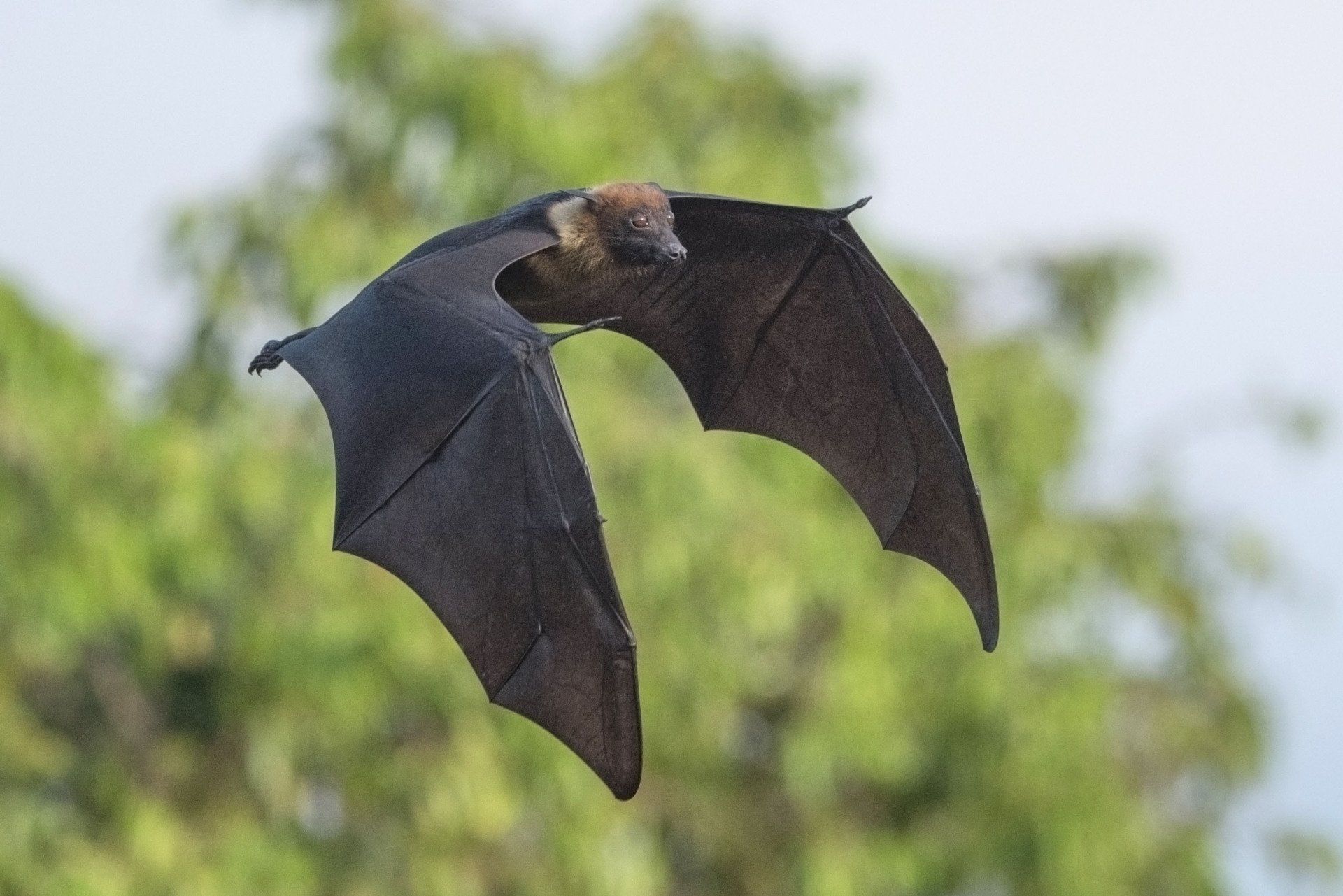Debunking Common Myths About Bats
Bats generally evoke a strong response from people. Some people think they are cute and cuddly, while others are scared of them. There are some common theories about bats, but are they true or just myths? Let's take a look at four and find out!
Bats are Pests
Some people think bats are pests, but actually, bats can save us from pesky bugs. Those bats you see in the neighborhood eat mosquitos and other insects, keeping your pest level low. If you have a problem with mosquitos and see bats around your house, reconsider calling a bat control service. Unless the bats are damaging your house, having them nearby might make being outdoors more comfortable.
All Bats Are Bloodsuckers
Most people have seen a vampire movie or heard the myth that vampires turn into bats and drink your blood. Movies portraying bats as bloodsuckers are not entirely false, but not entirely true. Yes, vampire bats like blood, but they are found in Central and South America and prey on outdoor mammals, not humans. Most species of bats are insectivores.
I Only See Bats at Night, so They Must Be Blind
Bats use sound navigation to find their prey, but most bats have great vision. If a species has been dwelling in caves for millions of years, their eyesight may have diminished over time. But, just because bats are most active at night doesn't mean they are blind. In fact, like most nocturnal creatures, bats simply see better in the dark.
Bats Carry Rabies
While it is true that bats can carry rabies, only a tiny section of the bat population is affected by rabies at any given time. The fact that bats don't like to bite humans means there is little chance of you getting rabies from a bat. However, if you notice a consistent population of bats around your home that causes worry, you can contact a bat control service for removal. Keep in mind that many species of animals are susceptible to rabies, including household regulars like cats and dogs.
The bottom line is that there is no need to be scared of bats. According to the U.S. Department of Agriculture, 70% of the bat population are actually partners in agriculture because they feed on insects, keeping our crops safe. Bats that don't eat insects are likely to eat nectar, making them pollinators and seed dispersers, both of which are very important to our ecosystem.
Bats are fascinating and very adaptable to their environment. Unfortunately, that could include your home. If you find that bats have roosted in your home, contact a qualified
bat control service for humane removal.



Share On: